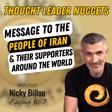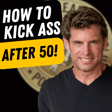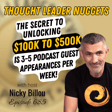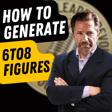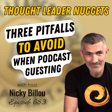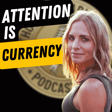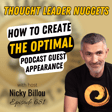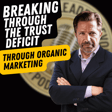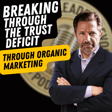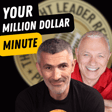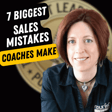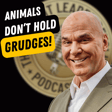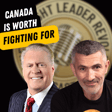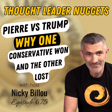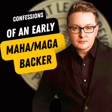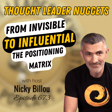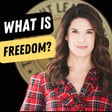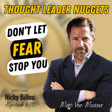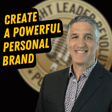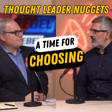
EP478: Lynne Twist - How to Awaken your Unlimited Talents & Treasures
“There was an integrity in our life, there is an experience of enoughness, no matter how much money we have or don't have, there is an experience of wholeness, sufficiency, and really knowing who we are.”
In this episode, we are joined by Lynne Twist, a renowned advocate for social change and author of "The Soul of Money." She shares her remarkable journey as a "pro activist" and her lifelong dedication to ending world hunger. She explores the transformative power of sufficiency, the connection between our financial lives and our souls, and her work with indigenous communities in the Amazon rainforest through the Pachamama Alliance.
Lynne Twist is truly an example of what a global thought leader looks like. She's using her thought leadership to make a massive impact in the world and to inspire other people to use their thought leadership to create success for themselves while making the world a bigger and better place. Join us as we delve into Lynne's inspiring insights and stories, and discover how we can awaken our unlimited talents and treasures for a more harmonious world.
Be connected with Lynne Twist by visiting her website soulofmoney.org or pachamama.org.
Support her book, The Soul of Money: Reclaiming the Wealth of Our Inner Resources and Living a Committed Life: Finding Freedom and Fulfillment in a Purpose Larger Than Yourself, available on Amazon or in any of your local bookstores.
Also, Lynne is doing a series of courses Sophia Circle for women from October 2023 to March 2024. Don’t miss out!
Expert action steps:
-
Listen to what breaks your heart and what makes your heart sing. Those two things will help you discover your calling.
-
Live in the profound experience of gratitude. Be grateful for everything.
-
Talk about language. What you love. Talk about what you love and use the words, “I love” wherever it applies. It deepens your capacity for love.
Visit eCircleAcademy.com and book a success call with Nicky to take your practice to the next level.
